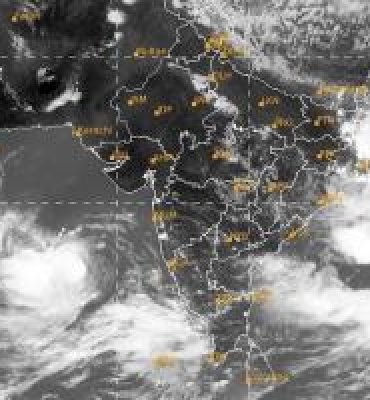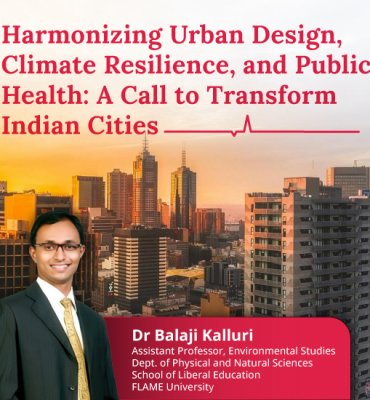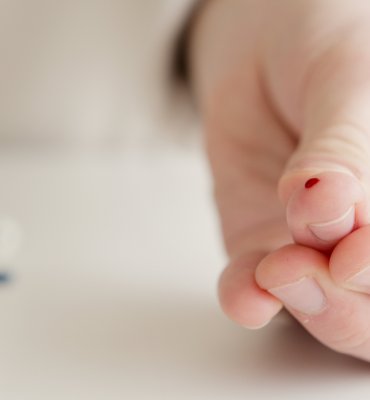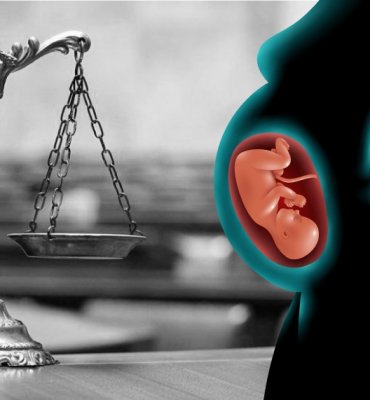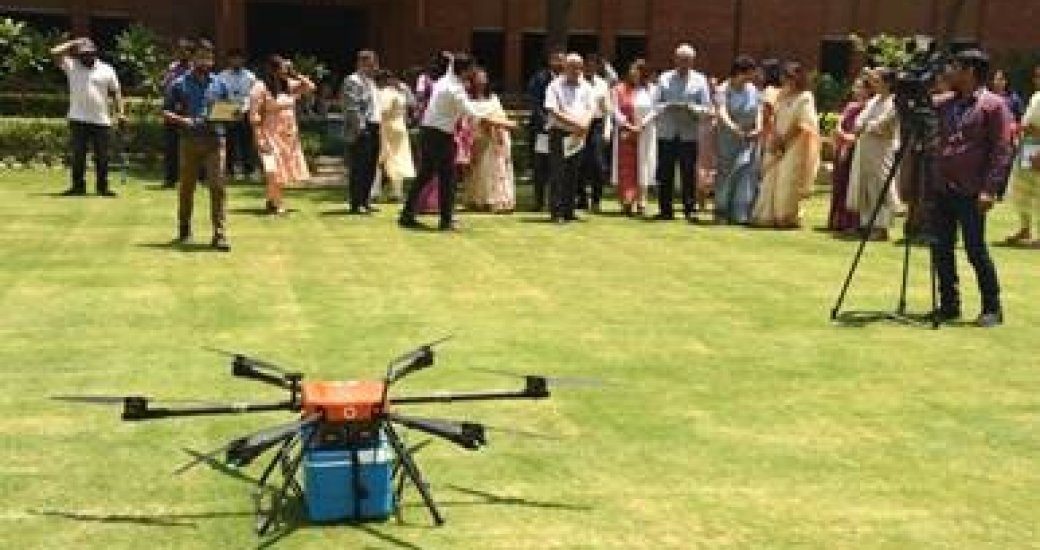
In distant areas of Manipur and Nagaland, ICMR has successfully delivered medical supplies, vaccines, and medications as a pioneer in the use of drones in healthcare. Blood will be delivered via drones, which will speed up domestic last-mile deliveries.
The Indian Council of Medical Research (ICMR) and the Union Health Ministry has successfully tested the transportation of blood bags by drones as part of the nation's drive to expand the drone ecosystem in India. Together with the Government Institute of Medical Sciences (GIMS), Greater Noida, Lady Hardinge Medical College (LHMC), New Delhi, and Jaypee Institute of Information Technology (JIIT), Noida, the ICMR has conducted the trial run as a ground-breaking validation study for the first time in the country. In the visible line of sight, 10 units of whole blood samples from GIMS and LHMC were transported on the first test flight.
While JIIT served as the execution center for drone sorties, LHMC and GIMS served as the centers for providing blood bags and examination of the samples. Scientists from ICMR headquarters were in charge of the project's coordination, implementation, and protocol development.
In distant areas of Manipur and Nagaland, ICMR has successfully delivered medical supplies, vaccines, and medications as a pioneer in the use of drones in healthcare. Blood will be delivered via drones, which will speed up domestic last-mile deliveries.
Highlighting the significance of the event, Dr. Rajiv Bahl, Director General, ICMR emphasized that “this 'i-DRONE' was first used during covid19 pandemic by ICMR for distributing vaccines to unreachable areas. Today, we are transporting blood & blood-related products, which are supposed to be kept at a low temperature. After the experiment, we found that not only can we maintain the temperature, but there was also no damage to the products transported. We sent another sample through an ambulance & if there are no differences in the samples sent using the two modes, then this drone will be used all over India.”



